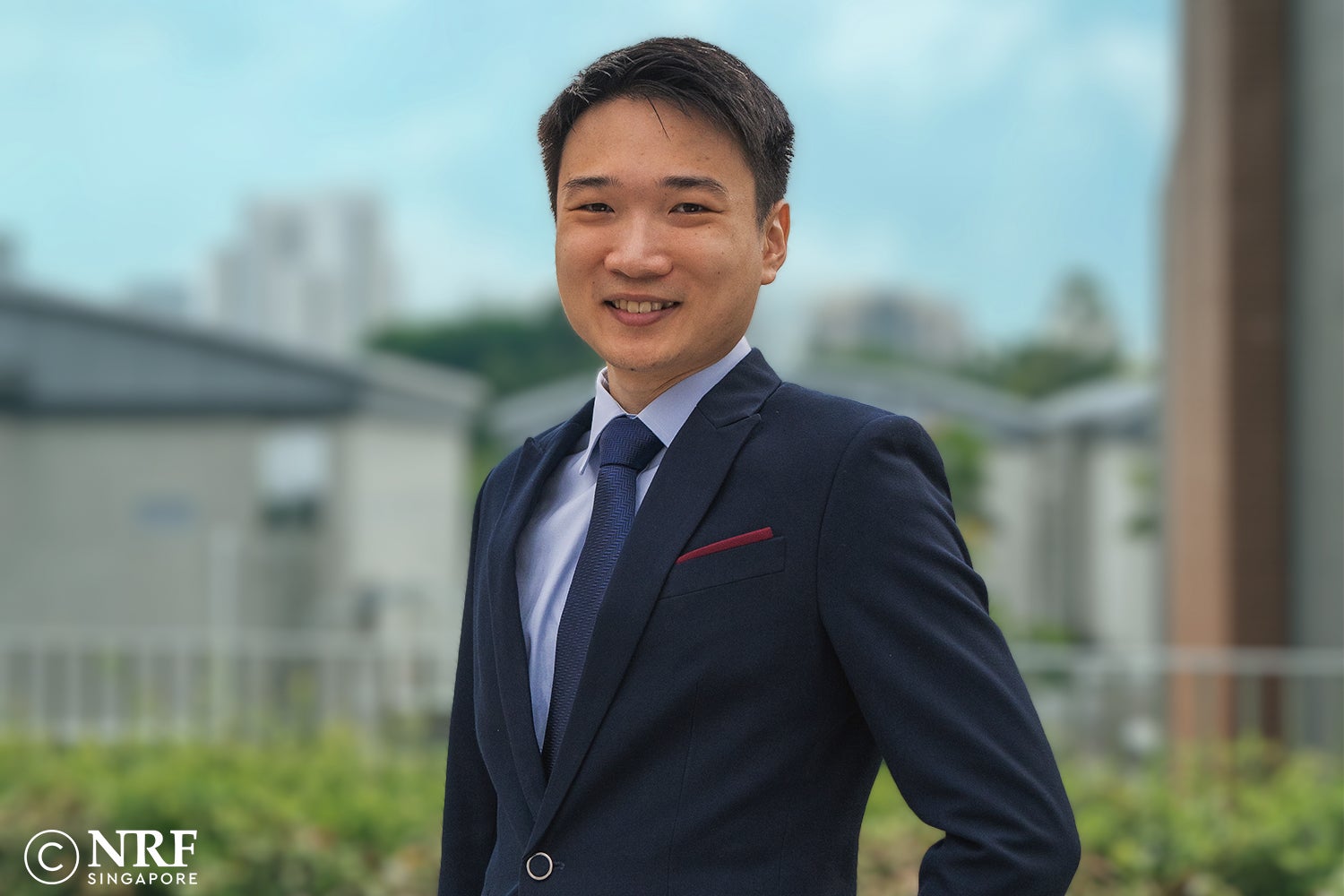Young Scientist Award 2023
October 25, 2023
PHOTO: National Research Foundation, Singapore (NRF) and President’s Science & Technology Awards (PSTA)
Asst Prof TAN Yong Zi’s research focuses on using cryogenic electron microscopy (cryo-EM) to solve structures of biologically relevant proteins to high resolution. The atomic models elucidated are critical to understanding how biological processes work, how diseases progress and how drugs can be designed against these proteins. In particular, his Singapore laboratory now focuses on human membrane proteins, which make up only 20% of known proteins but constitute 60% of drug targets.
In terms of structures solved, Asst Prof Tan had been involved in the expression, purification and cryo-EM structure elucidation of a variety of proteins such as AftD and EmbB involved in tuberculosis; PfCRT involved in malaria; spike protein antibodies involved in COVID-19; ribosomal biogenesis intermediates involved in antibiotics development; and V-type ATPase involved in human diseases like cancer. These works are critical in understanding how the proteins contribute to or help treat these various diseases.
To uncover these structures, Asst Prof Tan helped develop cryo-EM methods, which in turn allows him to have the most cutting-edge tools. He has developed sample vitrification tools (Back-it-up and Spotiton device), camera software (EER camera output format), data collection methods (tilted data collection) and data processing methods (showing Ewald sphere curvature correction). These have not only helped him solve multiple structures but have benefitted the international cryo-EM community.
These works have been published in journals like Nature, Cell, Nature Methods, Molecular Cell and Nature Communications, and with a total of 2335 citations to these publications, highlight the extent of scientific influence his research has had. Asst Prof Tan’s contributions, both methodological and biological, in turn have been recognised internationally by the awarding of the George Palade Award in 2021 by the Microscopy Society of America.
In addition to his research work, Asst Prof Tan strongly believes in education. He helps run the International Biology Olympiad training for team Singapore with Professor Beverley Goh from NIE and Singapore Institute of Biology (SIBiol). He was a co-jury member for team Singapore at the 2022 International Biology Olympiad at Armenia, where the students came in 4th internationally with 2 golds, 1 silver and 1 bronze medal. He actively teaches courses at NUS, and trains various students from different levels.
More at NUS News


